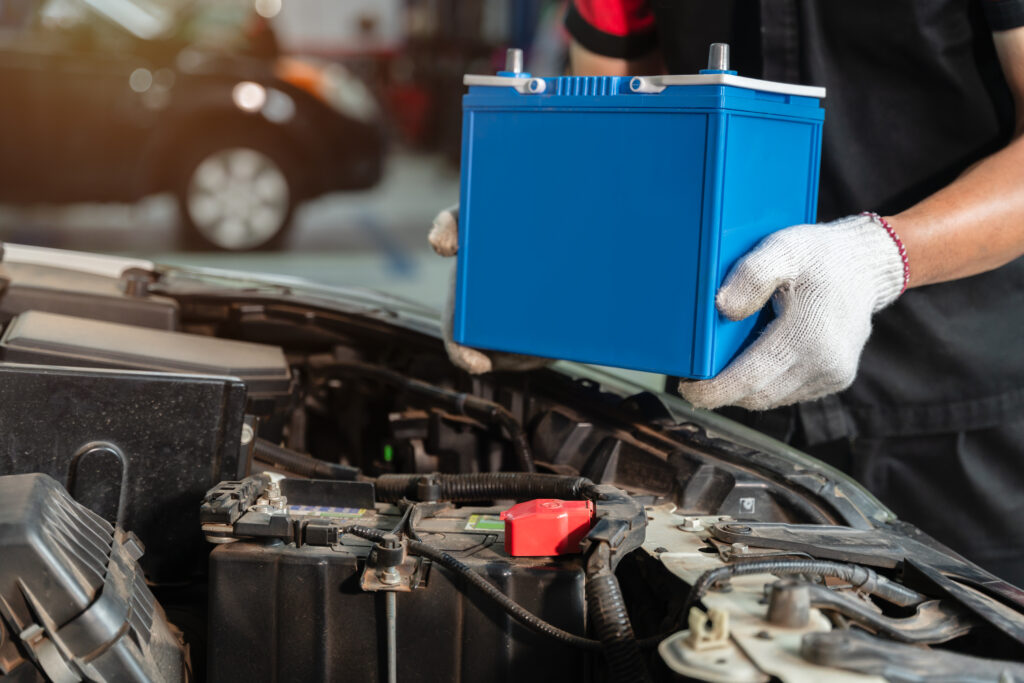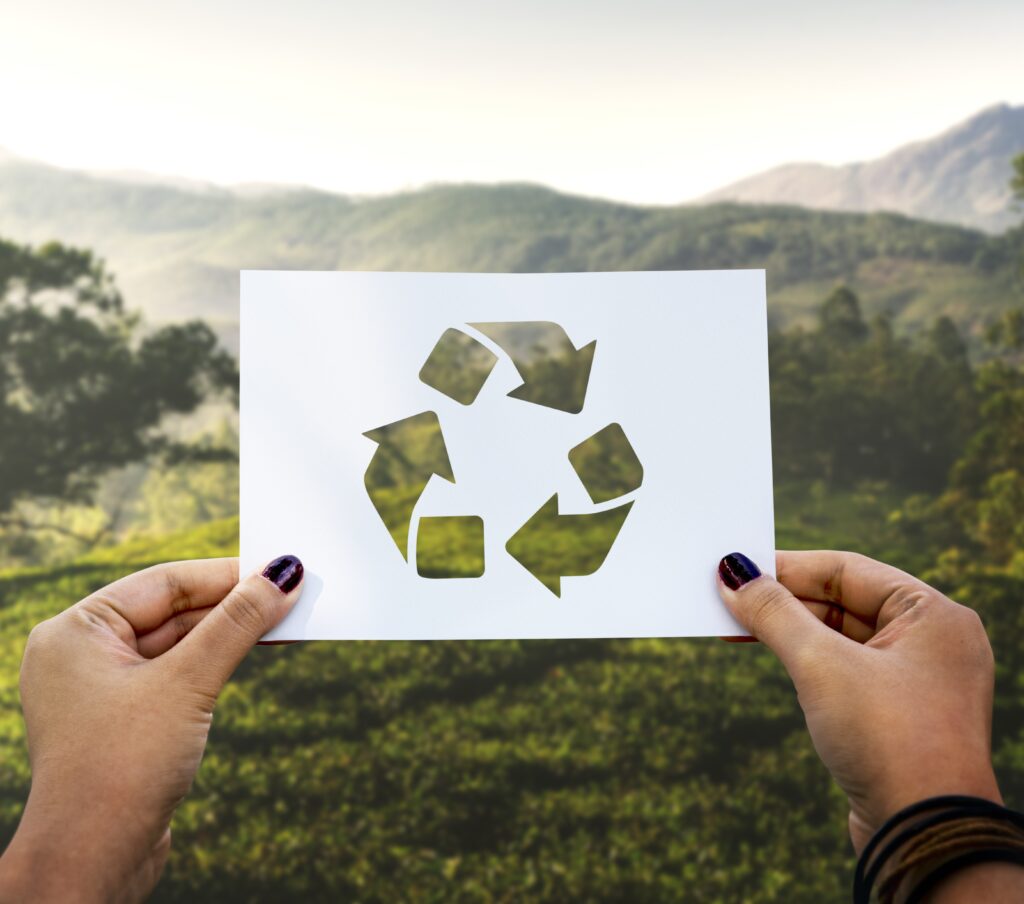We are all aware that many things in the world get recycled such as plastics, metals, different kinds of paper, electronics items, etc. Additionally, we know that if these things are not recycled, they can harm the environment. Therefore we take measures to utilize them through recycling. A recycling process not only protects the environment but also reduces waste and helps us to build a sustainable future.
But are we aware of the fate of batteries once they have been disposed of?
In this article we will explain what happens when a Li-ion battery, which is the most consumable battery, is disposed of. Also, why is it important to recycle Li-ion Batteries?
First, let us know what Li-ion Batteries are.
The word “Li-ion Battery” might be familiar, as many have heard or read while looking for wireless gadgets, smartphones, and small and large appliances. Li-ion batteries are a type of battery in which lithium-ions move from negative electrode to positive electrode back and forth through an electrolyte. These might be very technical for someone to understand. So let us make it easy! Li-ion batteries are rechargeable, unlike other remote-control batteries which are used once and cannot charge. For producing Li-ion batteries, raw materials like lithium, graphite, cobalt, and manganese get used.
But why do these manufacturers use Li-ion batteries over other batteries?
There are many options for batteries but Li-ion batteries include Lithium which is found to be the lightest metal and the least dense solid element among other metals. Lithium batteries charge faster than other batteries, last longer, and have a higher power density for more battery life in a lighter package. As per statistics, 74% of lithium was consumed worldwide in 2021, and China alone consumed 34%.
In recent years, not only the Indian government but also the whole world is in attempt and plans to convert a large number of automobiles into Electric Vehicles which automatically pushes the demand for Li-ion batteries as they are considered to be the ideal power source for electric vehicles (EVs) and hybrid electric vehicles (HEVs).
Through this upcoming revolution in the automobile sector, you can estimate how much demand is going to rise for Li-ion batteries. As per some industry analysts, by 2030 the total number of Li-ion batteries spent will be 5 million tons per year.
It is estimated that currently only 5-7% of the Li-ion batteries are getting renewed, which means most of the batteries are going to waste. If it is not recycled correctly, Li-ion batteries can cause landfill fires. These can lead to smoldering for many years. As a result, the air gets affected due to toxic chemicals released. The vaporized form of improperly exposed batteries also gets trapped in the atmosphere and pollutes lakes and streams in the form of rain.

So how can we stop or reduce the harmful effects on nature?
The Only Answer is – Through Recycling!
Yes, recycling Li-ion batteries can not only protect the environment from being harmful but also helps in avoiding the excess use of materials which are extracted through mining, which means that the minerals/components are sustained for the future.
But who does this recycling process?
LICO, an Indian company, aims to recycle Li-ion Batteries and recover most of the components required in the battery. The recycling process consists of shredding the Li-ion batteries and crushing them into fine sizes. Plastic, steel, aluminium foil, copper foil, and black mass will get separated through magnetic separation, vibration screens, and multiple sieving techniques. Black mass undergoes a proprietary hydrometallurgy process to separate compounds of Lithium, Cobalt, Nickel, and Manganese.
After that manganese, nickel, lithium recovery, and cobalt recovery these materials are given back to the battery manufacturers so that they can use these materials again for production.
LICO’s mission is to create a positive impact on the planet’s ecosystem and better the economy as a whole. LICO believes in a circular economy where the end of life concept is replaced with restorations, use of renewable energy, elimination of use of toxic chemicals and waste.
E-waste recycling can save the cost of what the Indian government is spending on importing the raw materials for Li-ion batteries and LICO has the major role to play. Recycling the Li-ion batteries can be beneficial in terms of cost, avoiding unnecessary waste, protection of the environment, and protecting the natural components/materials for the sustainable future growth.


